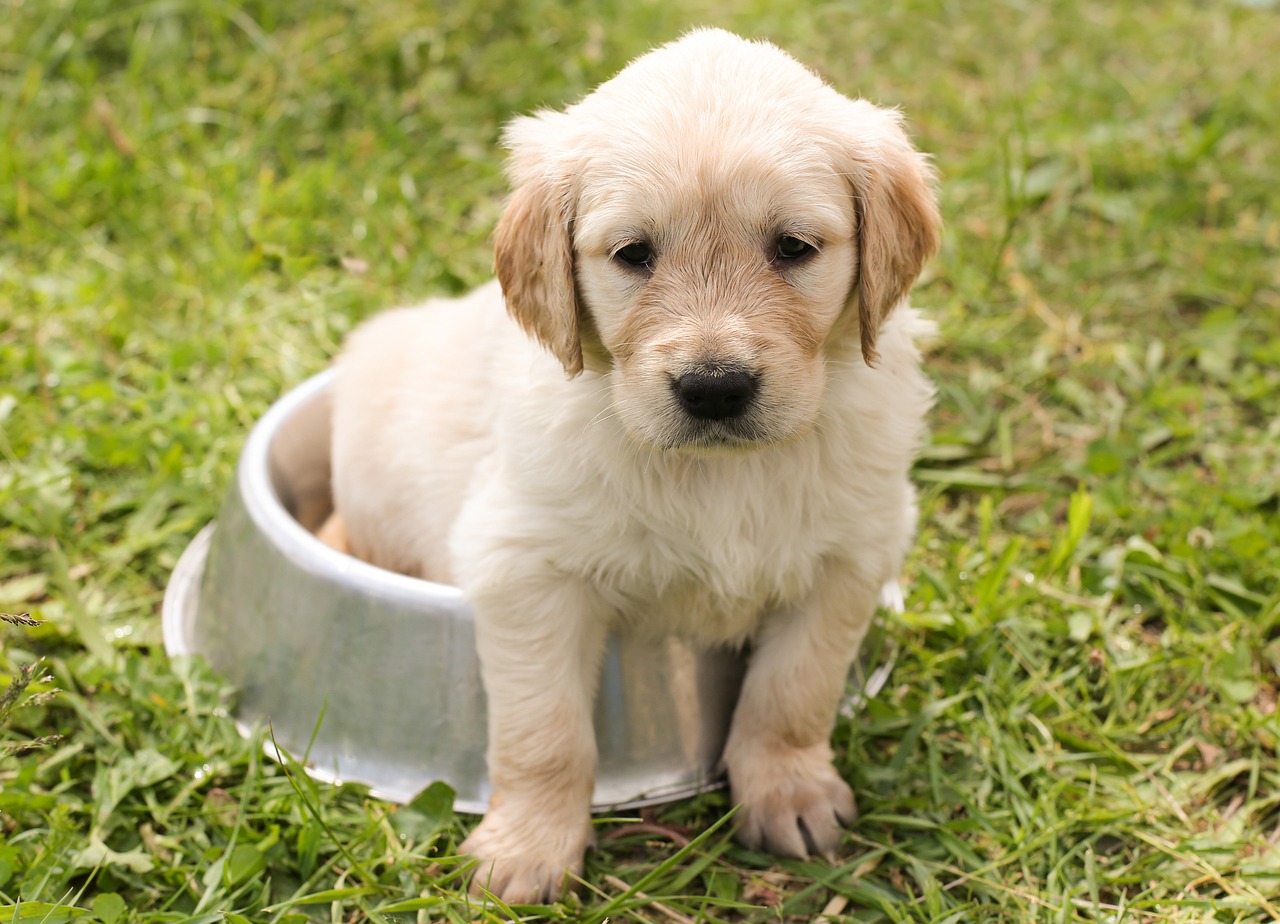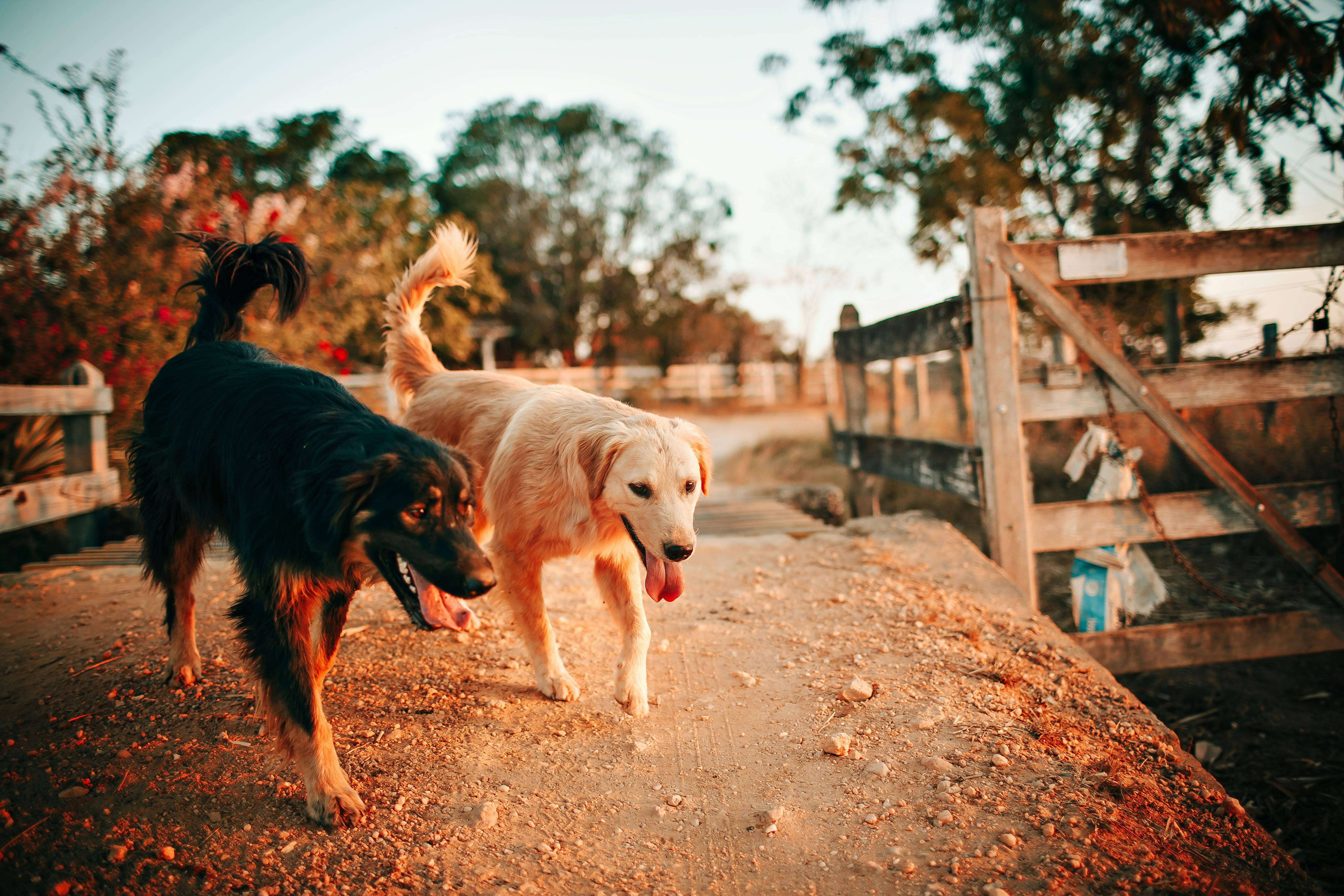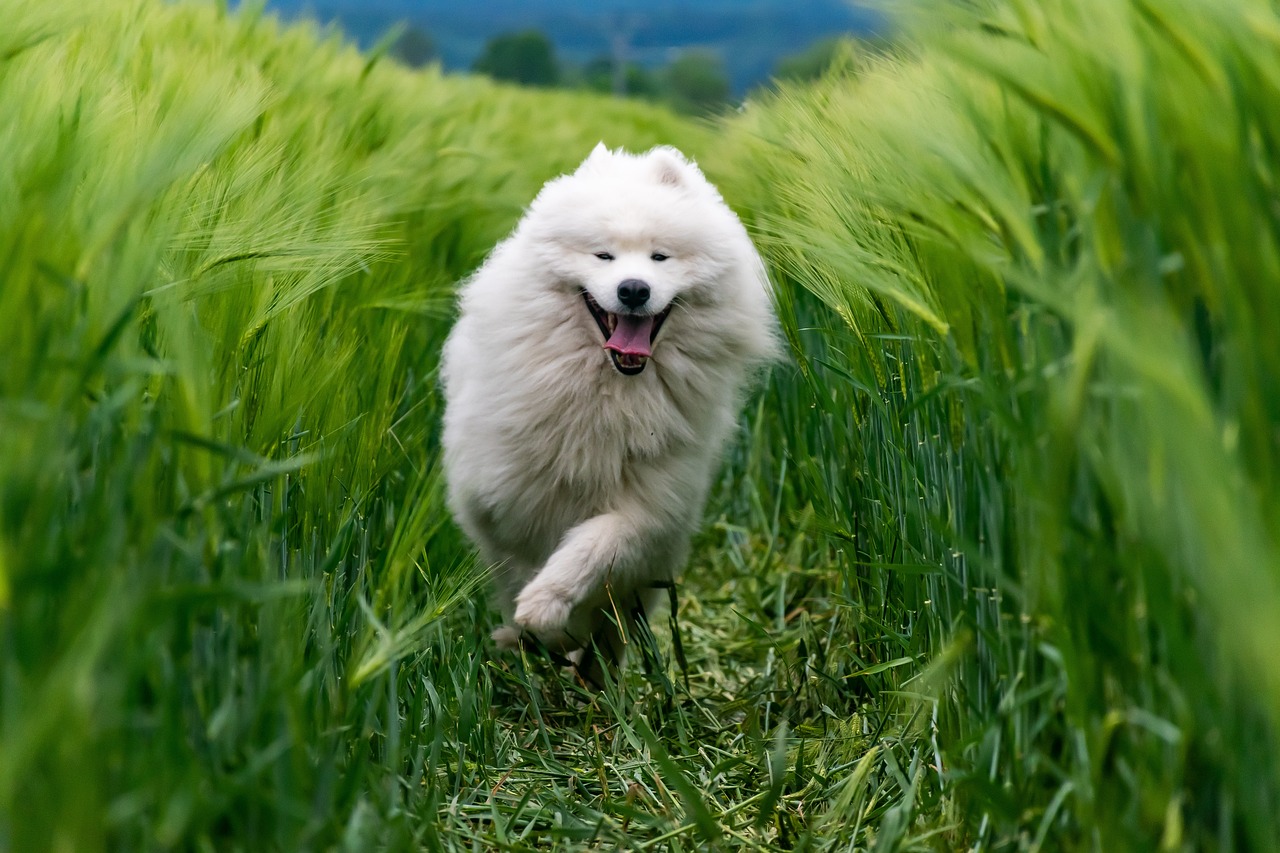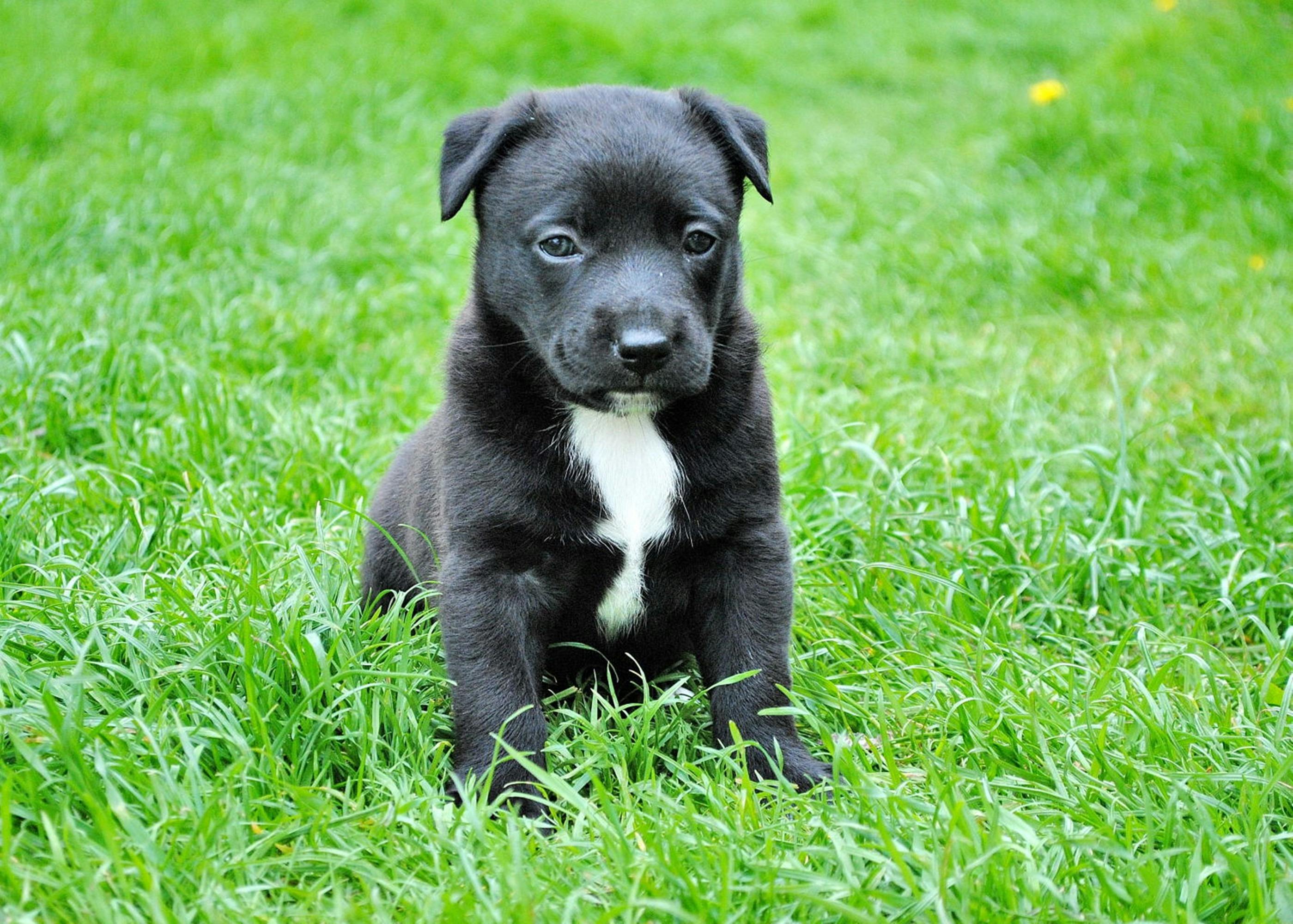If you’re a dog owner, you’ve probably seen your furry friend munching on grass from time to time. While this behavior might seem strange, it's actually quite common among dogs. But why do they do it? Is it harmful? In this blog, we'll explore the various reasons why dogs eat grass and what it could mean for their health.

Natural Instincts and Evolutionary Behavior
One of the primary reasons dogs eat grass may be tied to their ancestral roots. Dogs are descendants of wild canines like wolves, who are known to consume the stomach contents of herbivorous prey, which often includes plant material. Eating grass could be a natural instinct that has carried over from their wild ancestors. It’s also possible that wild dogs consumed grass as a way to supplement their diet with fiber or other nutrients.
Some experts believe that grass-eating is a form of self-medication, a behavior known as "zoopharmacognosy." In the wild, animals often eat certain plants to help with ailments, and domesticated dogs may do the same.
Digestive Aid and Stomach Upset

Another common theory is that dogs eat grass to help with digestion or to induce vomiting when they feel unwell. If your dog has an upset stomach, they might eat grass to help purge whatever is bothering them. Grass can stimulate the gag reflex, which may lead to vomiting. This behavior is particularly observed in dogs that eat grass and then immediately vomit afterward.
However, not all dogs vomit after eating grass, and many seem to do it without any signs of illness. So, while some dogs may use grass as a digestive aid, it doesn’t necessarily mean that every grass-eating dog is trying to relieve stomach discomfort.
Nutritional Deficiencies

Sometimes, dogs might eat grass because they’re missing something in their diet. Grass contains certain vitamins, minerals, and fiber that dogs might crave if their diet is lacking in those nutrients. If your dog is consistently eating grass, it might be worth evaluating their diet to ensure they're getting all the nutrients they need.
Ensuring that your dog is on a balanced diet with all the necessary vitamins and minerals can help reduce this behavior. However, occasional grass-eating doesn't always indicate a deficiency—it could just be a part of your dog’s normal behavior.
Boredom or Attention-Seeking Behavior

Dogs, like people, can get bored, and sometimes they eat grass simply out of boredom. If your dog isn’t getting enough mental or physical stimulation, they might start munching on grass as a way to pass the time or entertain themselves. Additionally, some dogs might eat grass to get your attention. If you tend to react strongly when your dog starts grazing, they might repeat the behavior to engage with you.
Providing your dog with plenty of exercise, toys, and activities can help reduce boredom-related grass eating. Ensuring they have positive interactions with you can also minimize attention-seeking behaviors.
Grass as a Natural Dietary Supplement

For some dogs, grass may simply be a part of their natural diet. Wild canines often eat a variety of plants along with their prey, and domestic dogs might have retained this tendency. Grass contains moisture, fiber, and certain nutrients that could be beneficial to your dog’s overall diet. Some dogs may just enjoy the taste and texture of grass, making it a natural addition to their daily routine.
Should You Be Concerned?
In most cases, grass-eating is not harmful to dogs. However, if your dog is eating grass excessively or showing signs of illness, such as vomiting frequently, diarrhea, or lethargy, it’s important to consult your veterinarian. Additionally, be cautious about where your dog is eating grass. Grass treated with pesticides, herbicides, or other chemicals can be toxic to pets, so always make sure your dog is grazing in safe areas.
If you’re concerned about your dog’s grass-eating habits or if the behavior is new and persistent, a visit to the vet can help rule out any underlying health issues.
Conclusion
Dogs eat grass for a variety of reasons, ranging from natural instincts and dietary needs to boredom or simply enjoying the taste. While it’s usually harmless, it’s always a good idea to monitor your dog’s behavior and ensure they’re not ingesting anything that could be harmful. By understanding why your dog might be eating grass, you can ensure they stay healthy and happy.